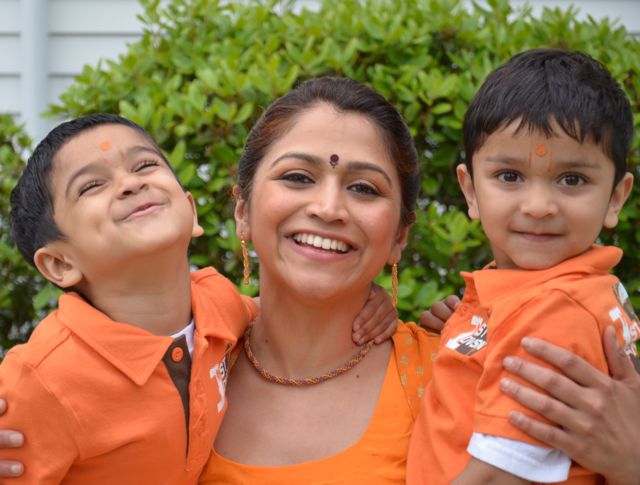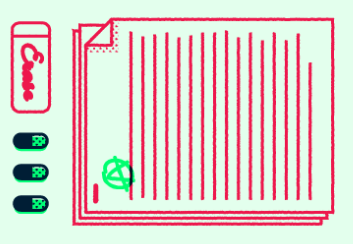By Dhara Thakar Meghani
Mass shootings in a movie theater and elementary school in the U.S., and violent acts against young women in India: tragedy has repeatedly appeared in multiple spaces that are supposed to be dependably safe.
While the public lobbies for social, political, and legal justice, what’s the resulting climate in your family’s home? How do you respond to these horrific attacks on humanity?
Whether nearby or across the world, these traumatic events can fill us with rage, shock, sadness, confusion, and fear. Interestingly, research indicates that parents in particular may shift their perceptions about their roles following a tragedy. After 9/11 for example, some parents felt that now, more than ever, their job was to put greater effort into certain behaviors such as assuring their child’s general welfare and safety, being more responsive, and being more attuned to their child’s needs.¹
Despite these understandable perceptions of “what a parent should do” in the aftermath, it’s the actual behavior – when, what, and how to convey the reassurance – that might not come as naturally as we hope. Do you initiate discussions with your child, or wait until she comes to you with questions? And here’s the zinger: what if you say the wrong thing?
One of the most common beliefs parents express about talking to children after a traumatic event is that they will frighten them or “re-traumatize” them unnecessarily. Another common opinion is that children are not affected by the tragedy if they don’t exhibit any outward symptoms of distress, and so maybe it’s just better to ‘let sleeping dogs lie.’
For these reasons, parents might think they are better off downplaying or avoiding the topic altogether. At the same time, it’s probable your child will hear about what happened from friends and teachers at school, relatives, and certainly, through media exposure. If you decide to let these other parties do the talking for you, what kind of message are you sending through your silence?
Furthermore, who will help your child make sense of the meaning behind abominable acts that have broken our ethnic hearts and outed the schizophrenic ‘progress’ of our South Asian culture? Sohaila Abdulali, a courageous survivor of rape, credits her parents for “picking up the pieces” and allowing her to become whole again.² Her message is a precise imperative to parents to raise children who will get to grow up in a world they trust – and overall, to know there is unconditional empathy and support from their families if ever that trust falters.
Trauma does happen. As a parent, you can be protective, sensitive, and responsive. The when, what, and how will probably work themselves out, but it doesn’t hurt to have a few notes, just in case:
• Acknowledge the event before too long — your child probably knows something about it if he’s old enough to go to school, use a computer and/or watch TV.
• Don’t over think the conversation – remember what you already know about your child’s capacity, and use language and ideas she understands.
• You don’t have to do it all at once. Many children prefer ‘sound bytes’ to long monologues. You’ll soon figure out whether she needs more information or if you’ve provided enough for the time being.
• Child = emotional sponge; he’ll absorb cues on how to react from you. While letting your child see you upset is perfectly healthy, take the time you need so you can have the conversation calmly. This attitude will help him learn that scary and difficult moments can be discussed and overcome.
• Listen to your child’s specific worries, and be consistently available to reassure her with words, or simply your presence.
• Consider consulting with a pediatrician or psychologist if you notice your child exhibiting new or unusual behaviors, especially if they interfere with their daily activities.
Dhara Thakar Meghani has witnessed firsthand how relationships grow and strengthen when parents and children can discuss and understand traumatic events together.
¹ Mowder, B.A., Guttman, M., Rubinson, F., & Sossin, K.M. (2006). Parents, children and trauma: Parent role perceptions and behaviors related to the 9/11 tragedy. Journal of Child and Family Studies, 15, 733-743.
²Abdulali, S. (2013, Jan 7) I Was Wounded; My Honor Wasn’t. The New York Times. Retrieved from: http://www.nytimes.com/2013/01/08/opinion/after-being -raped-i-was-wounded-my-honor-wasnt.html?emc=tnt&tntemail0=y&_r=2&)

